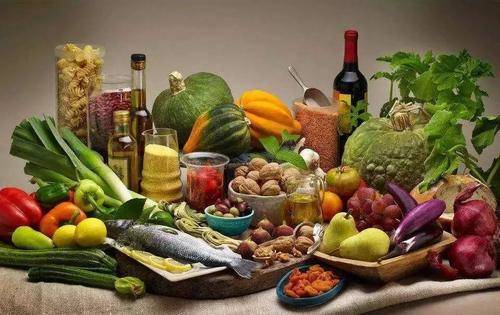
Colon cancer is a disease caused by the interaction of genetic and environmental factors and is one of the most common malignancies worldwide.
Surgery combined with postoperative chemotherapy is the current main treatment method for colon cancer. Although the survival rate of colon cancer has improved with the continuous advancement of surgical technology, the prevention of colon cancer and postoperative dietary conditioning are more worthy of attention.
First of all, vitamin intake can play a vital role in the prevention of colon cancer. Vitamin A has been found to reduce the incidence of colon cancer through epidemiological and experimental studies.

According to LaVec-chia C et al., they concluded that carotene has a protective effect on colorectal cancer, and beta-carotene can reduce the incidence of colon cancer in the population by 39%, and vitamin C can reduce the incidence of colon cancer in the population by 14%.
risks of.
The case-control study of Negri E confirmed that vitamin D and calcium can be used as protective factors against colon cancer.
A Canadian case-control study concluded that vitamin E, a highly potent fat-soluble intracellular antioxidant, has a protective effect in cancer patients and can be used as a primary preventive measure with long-term use.
According to epidemiological data and clinical trials, folic acid can control carcinogenesis and reduce the incidence of cancer.
The article is not finished. Click on the next page to continue.
The article is not finished. Click on the next page to continue.
Next page


















